Referendum result: PM’s voice rejected by all states
Anthony Albanese’s $365m referendum has been rejected by a majority of voters in every state.

Anthony Albanese’s $365m voice referendum has been rejected by a majority of voters in every state, after millions of Australians backed a No vote and torpedoed a constitutionally enshrined Indigenous advisory body.
In a disastrous result for the Prime Minister that closely reflected The Australian’s Newspoll, the No vote was on track to claim majority support in NSW, Tasmania, South Australia, Queensland, Western Australia, Victoria and the Northern Territory.
Yes23, which was prepared for defeat but not the scale of the loss, required a double majority including victory in four states and more than 50 per cent of the national vote. Late on Saturday night, the national vote showed No leading Yes by almost 60-to-40 per cent.
Speaking at Parliament House after polls closed in WA, Mr Albanese said: “I absolutely respect the decision of the Australian people and the democratic process that has delivered it”.
“Tomorrow, we must seek a new way forward. I never imagined or indeed said that it would be easy. Very few things in public life worth doing are. Nor could I guarantee the referendum would succeed. History told us that only 8 out of 44 had done so,” Mr Albanese said.
“Our nation’s road to reconciliation has often been hard going, a climb steep, the ground uncertain, the headwinds powerful, the way forward difficult to navigate. But through the decades there has been hard-won progress as well.
“The historic fact that Australia’s story is 65,000-years-old remains a source of national pride and remains a fact. From tomorrow, we will continue to write the next chapter in that great Australian story, and we will write it together. And reconciliation must be a part of that chapter.”
Mr Albanese, who following last year’s federal election committed to implementing the Uluru Statement from the Heart in full and holding a referendum to constitutionally enshrine a voice to parliament and executive government, said it was his “duty as a conviction politician” to put the question to voters.
“Tonight is not the end of the road and it is certainly not the end of our efforts to bring people together. The issues we sought to address have not gone away, and neither have the people of goodwill and good heart who want to address them,” he said.
Mr Albanese earlier this month rejected legislating a voice to parliament if the No vote was successful and claimed that Australia’s international reputation would be harmed if the referendum went down.
The 60-year-old invoked a Winston Churchill quote: “success is not final – failure is not fatal – it is the courage to continue that counts”.
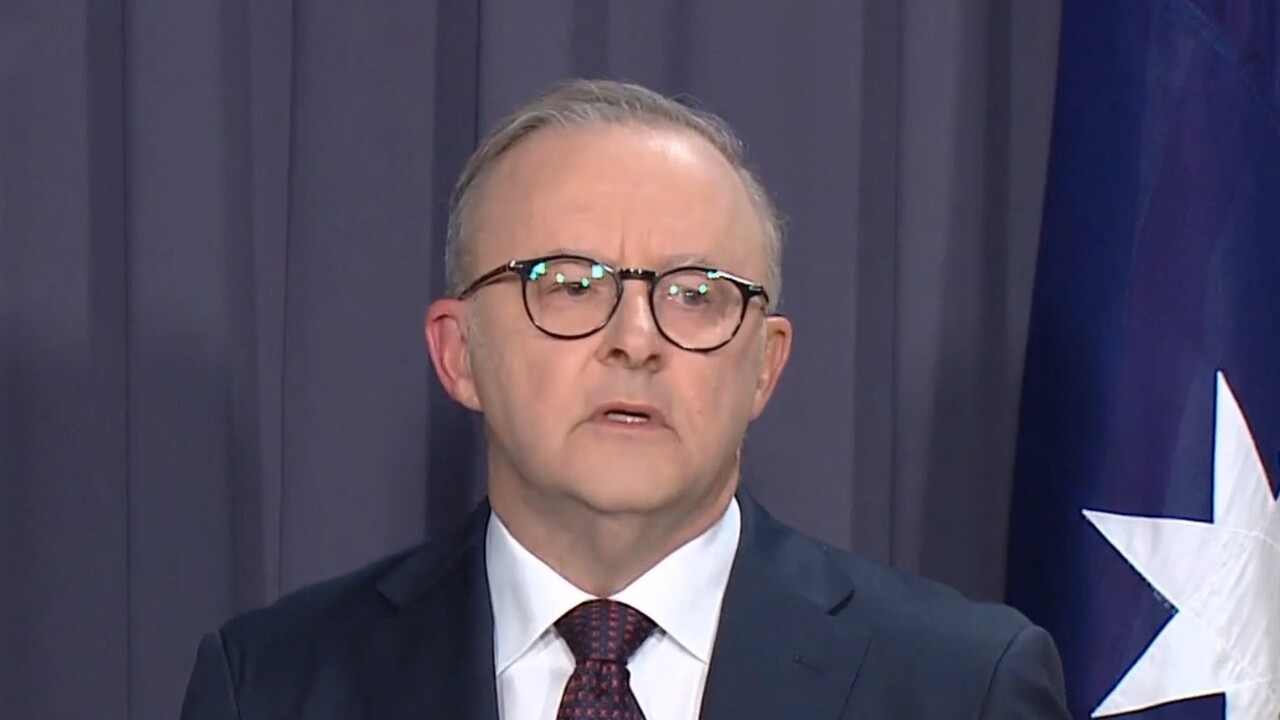
“We intend as a government to continue to do what we can to Close the Gap, to do what we can to advance reconciliation, to do what we can to listen to the First Australians,” he said.
A majority of voters in the Sydney seat of Barton held by Indigenous Australians Minister Linda Burney rejected the voice, with 56 per cent voting No and 44 per cent supporting Yes.
Ms Burney, who flagged that in coming months the government would unveil details of its renewed commitment to Close the Gap, said “for many, today is a day of sadness”.
“This result is not what we hoped for. We, of course, accept the decision of the Australian people. This is not the end of reconciliation. We need to keep listening to Indigenous Australians about what works and what can make practical differences for the next generation,” Ms Burney said.
Opposition Leader Peter Dutton said this was a “referendum that Australia did not need to have” and acknowledged many Indigenous Australians who supported Yes would be “hurting”.
“We must redouble our efforts to improve outcomes for Indigenous Australians in those disadvantaged communities and to Close the Gap,” Mr Dutton said.
“That includes an urgent need to boost law and order, to increase school attendance and employment at many remote communities. And that means listening less to activists and more to people in those communities and those who championed them.
“The Prime Minister was warned … not to proceed with this divisive referendum. And he owes the Australian public an apology for that. I think the Prime Minister really needs to listen to the Australian public instead of just words of arrogance.”
The Northern Territory seat of Lingiari, where the Uluru Statement from the Heart was sealed in 2017 and where Mr Albanese campaigned in the final week, was on track for a sizeable No vote.

Opposition Indigenous Australians spokeswoman Jacinta Nampijinpa Price – the face of the No campaign and a former Alice Springs deputy mayor who lives in Lingiari – said Australians had “overwhelmingly” rejected the referendum.
“They have said No to grievance and the push from activists to suggest that we are a racist country when we are absolutely not a racist country. We are one of, if not, the greatest nations on the face of the Earth,” Senator Price said.
“It’s time for Australians to be proud to call ourselves Australian. Because until we can be proud, we can’t form a position where we are strong enough to tackle the big issues in our country.”
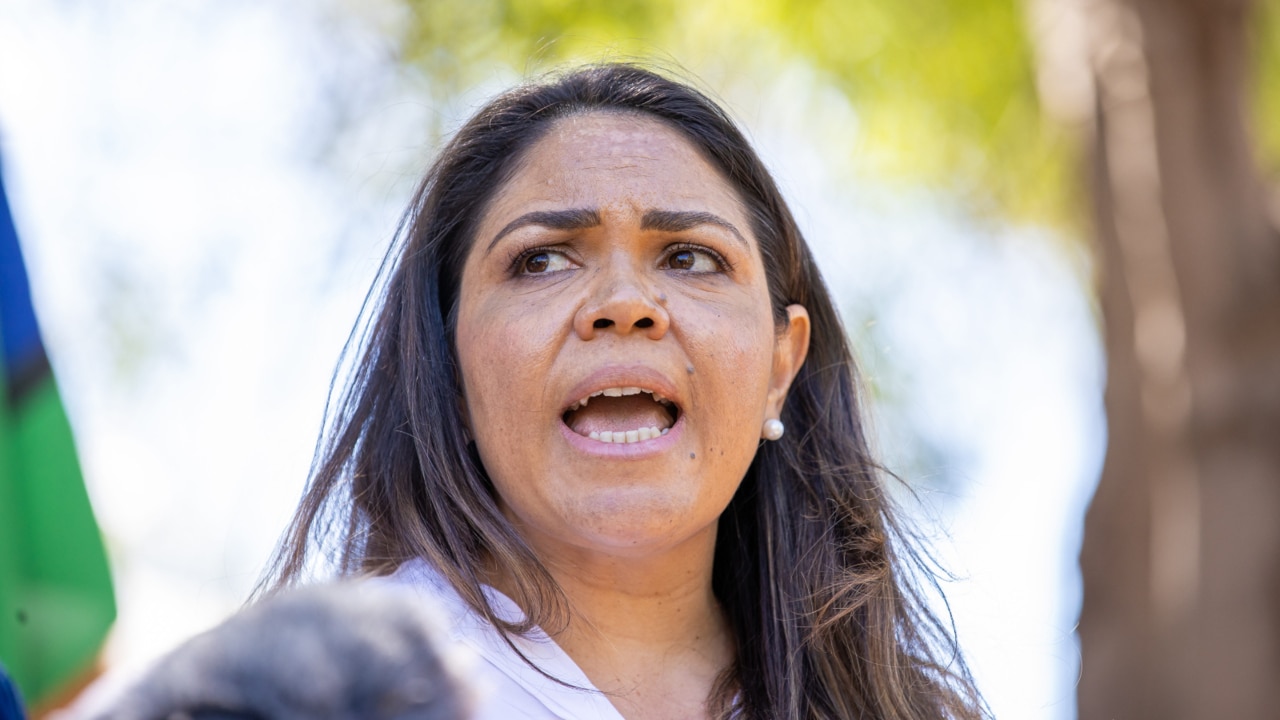
A statement released by pro-voice Indigenous leaders on Saturday night effectively declared an end to reconciliation: “We now know where we stand in this, our own country. Talk not of recognition and reconciliation. Only of justice and the rights of our people in our own country,” the statement said.
Greens leader Adam Bandt and the ACTU blamed the referendum result on Mr Dutton and the No side’s “misinformation” campaign.
ACTU president Michele O’Neil said: “I want to warn those looking for complex reasons – this referendum was lost on April 5th – the day Peter Dutton announced that the Liberal Party would campaign against the referendum”.
Millions of voters in regional Australia and western Sydney voted No in key Labor electorates, including seats held by Cabinet ministers Chris Bowen, Tony Burke, Michelle Rowland, Jim Chalmers, Jason Clare, Ed Husic, Amanda Rishworth and Mark Butler.
Only one of 57 Coalition seats – Bradfield in Sydney – was on track to return a Yes vote. Teal seats won from the Liberal Party at recent elections, including Warringah, Wentworth, North Sydney, Mackellar, Kooyong and Goldstein, returned Yes votes.
The Queensland seats of Brisbane and Ryan, which the Liberals lost to the Greens, and Higgins and Chisholm, lost to Labor, also voted Yes.
Mr Dutton, who repeated his push for a Royal Commission into child sexual abuse in Indigenous communities and an audit into spending on Indigenous programs, told Yes voters he respected their decision.
“While I disagree with your position, I respect your decision to have voted Yes. At all times in this debate, I have levelled my criticism at what I consider to have been a bad idea – to divide Australians based on their heritage or the time at which they came to our country,” he said.
“The Coalition, like all Australians, wants to see Indigenous disadvantage addressed. We just disagree on the voice being the solution. And while Yes and No voters may hold differences of opinion, these opinions of difference do not diminish a love for our country or our regard for each other.”
Yes23 campaign director Dean Parkin, who will lead the response following a crushing defeat that left senior Indigenous activists devastated, said Australians who voted No are “people of goodwill but who had doubts about what this meant”.
“We did all we could to alleviate those doubts. We cast the net wide across the political spectrum and the legal spectrum to ensure that what we proposed was strong, but it is clear from the result that we were not able to reach you through that,” Mr Parkin said.
“We were not able to reach you and cut through what has been the single largest misinformation campaign that this country has ever seen.”
Ahead of MPs returning to Canberra on Monday, Mr Dutton and the No campaign have pledged to be respectful in the wake of the referendum defeat.
Mr Albanese will come under immediate pressure to re-set Labor’s agenda, ramp up the focus on cost-of-living pressures and reassure his caucus that the government will put the referendum loss behind them.
Labor MPs and Yes campaigners have linked the referendum defeat to cost-of-living pressures facing households and businesses, the No campaign’s “spreading of misinformation”, Mr Dutton’s support for a No vote and failure to effectively explain the voice advisory body model.
The No campaign expects a record 6.13 million Australians who voted early and an additional 2.1 million people who applied for postal votes would break heavily in their favour. Postal votes were likely to break more than 60 per cent in favour of the No side.


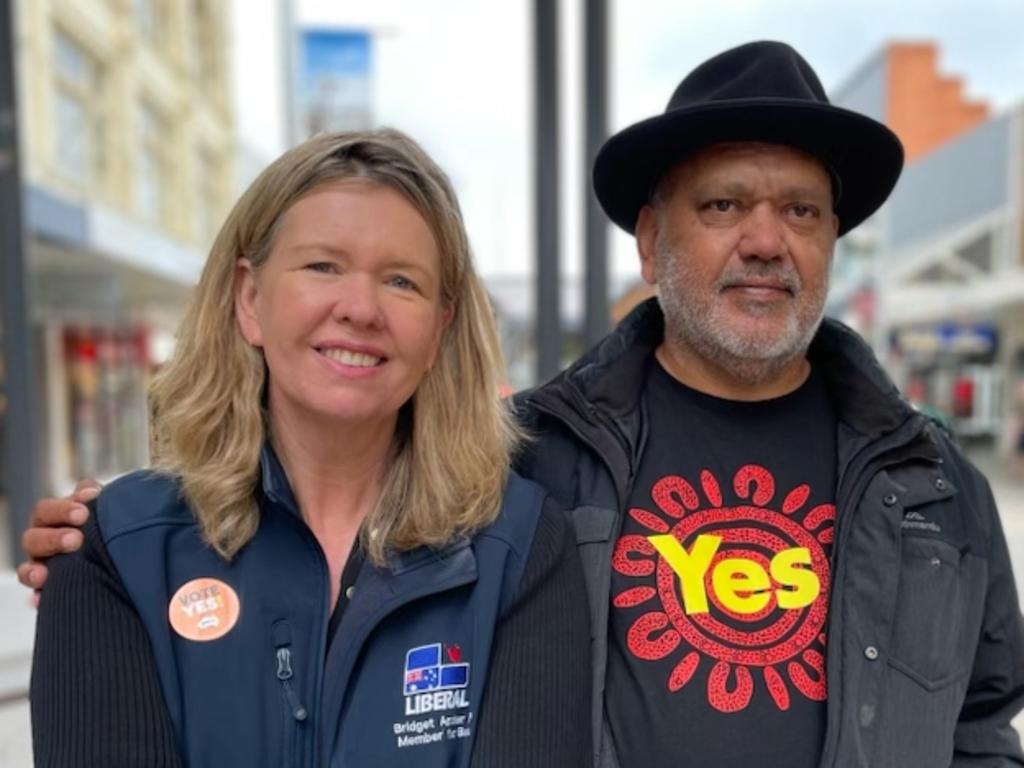
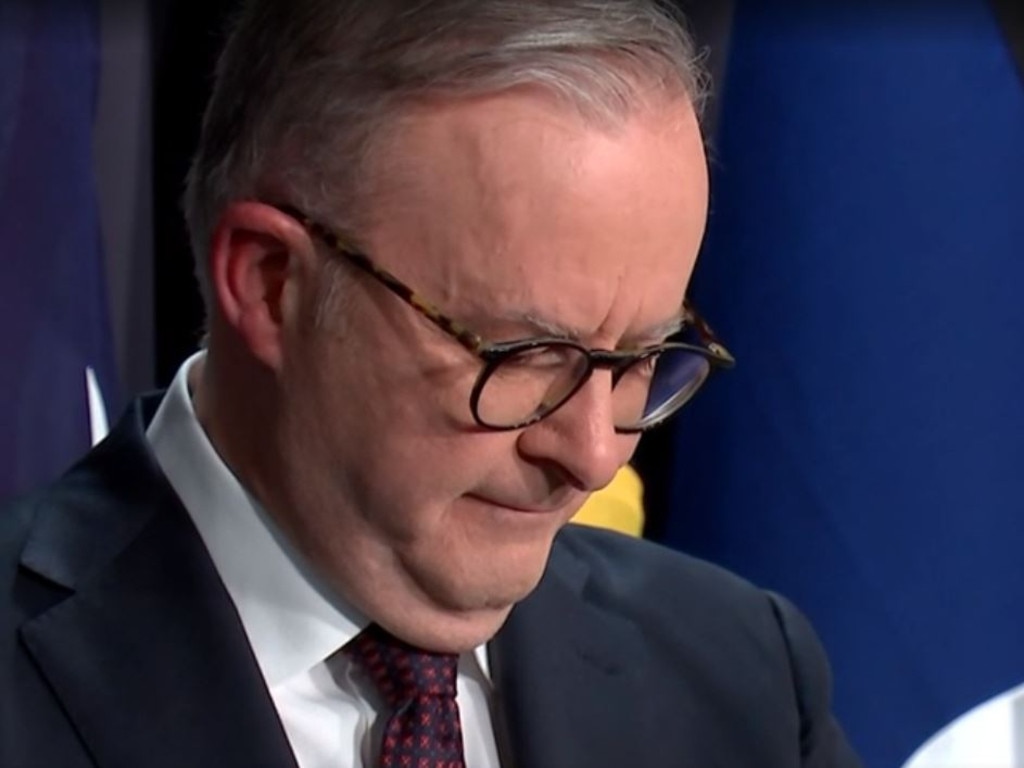

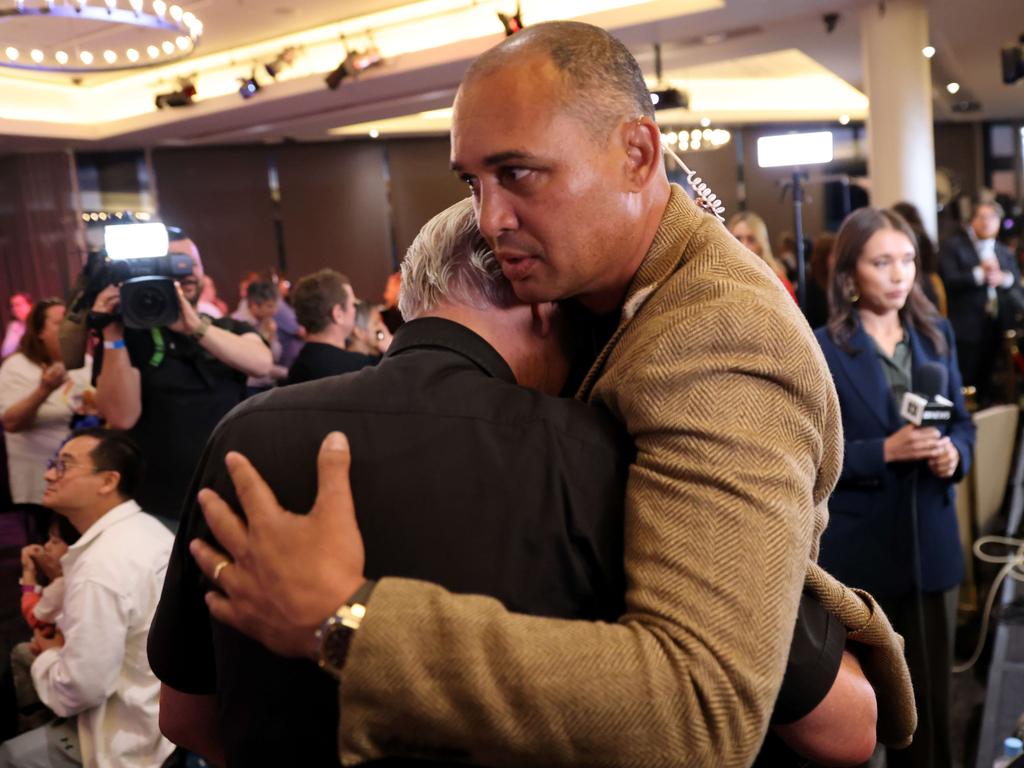
To join the conversation, please log in. Don't have an account? Register
Join the conversation, you are commenting as Logout